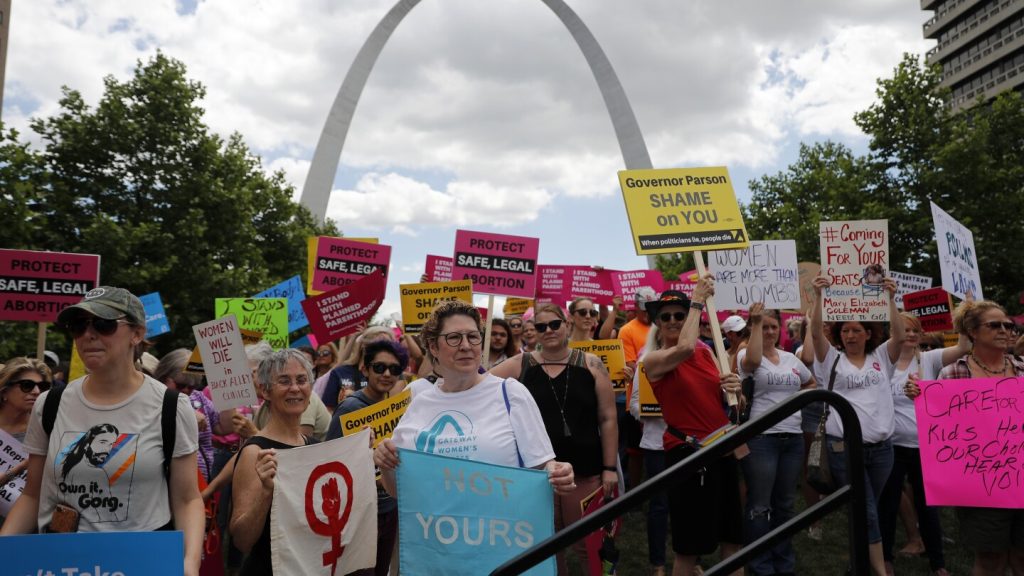Election officials in Arizona and Missouri announced that abortion-rights supporters gathered enough petition signatures to put proposed amendments on the ballot enshrining abortion rights into their states’ constitutions. This decision means voters in more than a half-dozen states will decide on abortion measures this fall, potentially impacting elections at various levels. Following the U.S. Supreme Court’s 2022 ruling that removed the nationwide right to abortion, there has been a national push to have voters decide on the issue.
Since the Supreme Court’s decision, most Republican-controlled states have passed abortion restrictions, while Democratic-led states have laws or executive orders to protect access to abortion. In the seven states that have had abortion questions before voters since 2022, including California, Kansas, Kentucky, Michigan, Montana, Ohio, and Vermont, voters have sided with abortion rights supporters. This reflects the ongoing debate and division across the country regarding abortion rights and access to reproductive healthcare.
In Missouri, voters will decide on a constitutional amendment that would reverse the state’s near-total ban on abortion. The ballot measure would create a right to abortion until a fetus could likely survive outside the womb without extraordinary medical measures, generally around 23 or 24 weeks into pregnancy. A similar measure will be put before Arizona voters in November, aiming to add the right to abortion up to about 24 weeks into pregnancy to the state constitution. These measures would protect access to abortion and prevent the state from banning it until the fetus is viable.
Colorado’s top election official confirmed a measure to enshrine abortion protections in the state constitution made the fall ballot, along with requirements for Medicaid and private health insurers to cover abortion. The ballot measures in these states require a majority or 55% voter approval to amend the state constitution. In Florida, despite legal challenges, a measure to legalize abortion until viability will go on the ballot for voters to decide, requiring at least 60% voter support. Abortion is currently illegal after the first six weeks of pregnancy in Florida.
Several other states, including Maryland, Nevada, and South Dakota, will also have abortion-related measures on the ballot this fall. Maryland seeks to enshrine the right to abortion in the state’s constitution, Nevada is looking to protect abortion access within the first 24 weeks of pregnancy, and South Dakota will decide on a constitutional amendment that would regulate abortion restrictions in different trimesters. The outcomes of these ballot measures will impact abortion access and reproductive rights in these states and potentially across the country.


